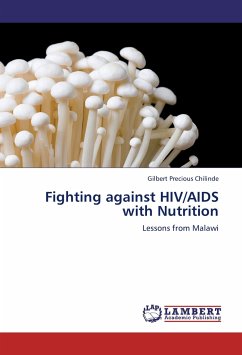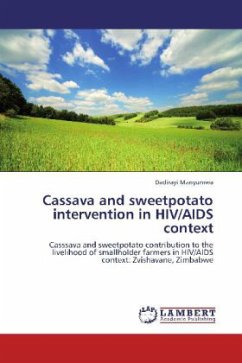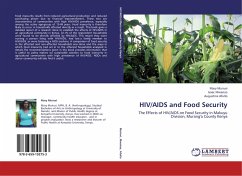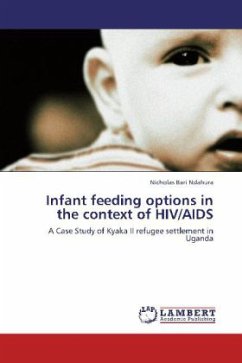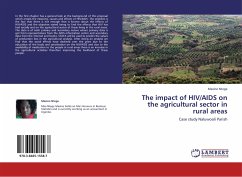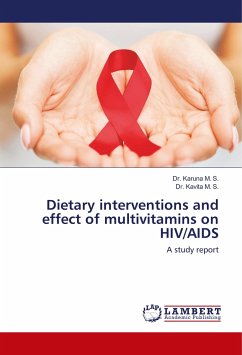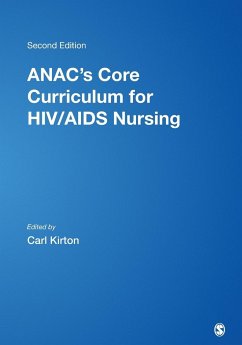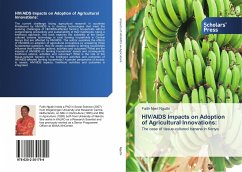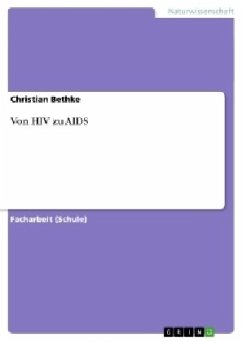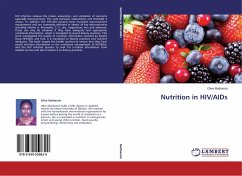
Nutrition in HIV/AIDs
Versandkostenfrei!
Versandfertig in 6-10 Tagen
36,99 €
inkl. MwSt.

PAYBACK Punkte
18 °P sammeln!
HIV infection reduces the intake, absorption, and utilization of nutrients especially micronutrients. The cycle between malnutrition and HIV/AIDS is vicious. In addition HIV infected persons have increased macronutrient requirements and are commonly deficient in almost all key micronutrients including vitamin A, B-complex, C, E, zinc, magnesium, iron and selenium. These can only be achieved if they have adequate and appropriate nutritional information, which is translated to sound dietary practices. This work investigated the quality of nutrition information recieved by People living HIV/AIDs ...
HIV infection reduces the intake, absorption, and utilization of nutrients especially micronutrients. The cycle between malnutrition and HIV/AIDS is vicious. In addition HIV infected persons have increased macronutrient requirements and are commonly deficient in almost all key micronutrients including vitamin A, B-complex, C, E, zinc, magnesium, iron and selenium. These can only be achieved if they have adequate and appropriate nutritional information, which is translated to sound dietary practices. This work investigated the quality of nutrition information recieved by People living HIV/AIDs and how it is translated to dietary practices and nutrient adequacy. This book targets the health workers-to ensure that they have sound nutrition information in the nutritional management of HIV/AIDs; and the HIV infected persons to seek for nutrition information from reliable sources and also translate it to dietary practices.



